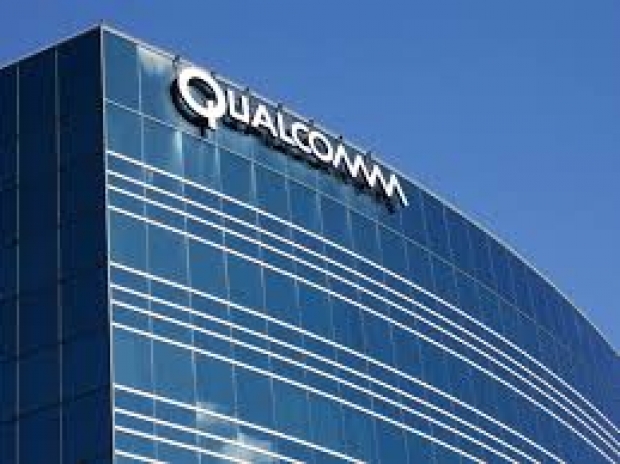However the company warned that Apple paying licensing fees in the future were not a big enough revenue boost to offset a weakening smartphone market.
Qualcomm shares fell about 3.5 per cent on the back of the announcement. But to be fair they had jumped on the announcement that Jobs’ Mob had given up.
Excluding that payment, Qualcomm estimated $4.7 billion to $5.5 billion in revenue, generally below the $5.29 billion analysts were expecting.
The Apple settlement, which includes a six-year patent license and a chip supply agreement, is expected to generate $2 per share in additional earnings, Qualcomm has said. Financial details have not been disclosed but the deal is expected to help Qualcomm regain the preeminent mobile chip position it held in the early 2010s.
The shortfall was driven by a weak Chinese smartphone market, where Qualcomm believes consumers are holding off on buying new phones until new 5G networks roll out later this year.
Cristiano Amon, Qualcomm’s chip boss said: “We’re looking forward to having a 5G Christmas as the year ends.”
Qualcomm estimated $1.23 billion to $1.33 billion in revenue for its licensing business in the third quarter, above analysts’ consensus forecast of $1.22 billion.
Qualcomm executives cited economic weakness in China as a reason for the lower-than-expected sales forecast. This flies in the face of what Apple told us in its results but then it has been cutting the prices of its iPhones in China.
Qualcomm remains in a license dispute with Huawei Technologies Co Ltd, but the Chinese company has been making interim payments as negotiations continue. Qualcomm resolved a dispute with Samsung last year.
Net income attributable to Qualcomm rose to $663 million, or 55 cents per share, in the quarter ended March 31, from $330 million, or 22 cents per share, a year earlier.
Revenue fell to $4.88 billion, but beat analysts’ estimates of $4.80 billion.

